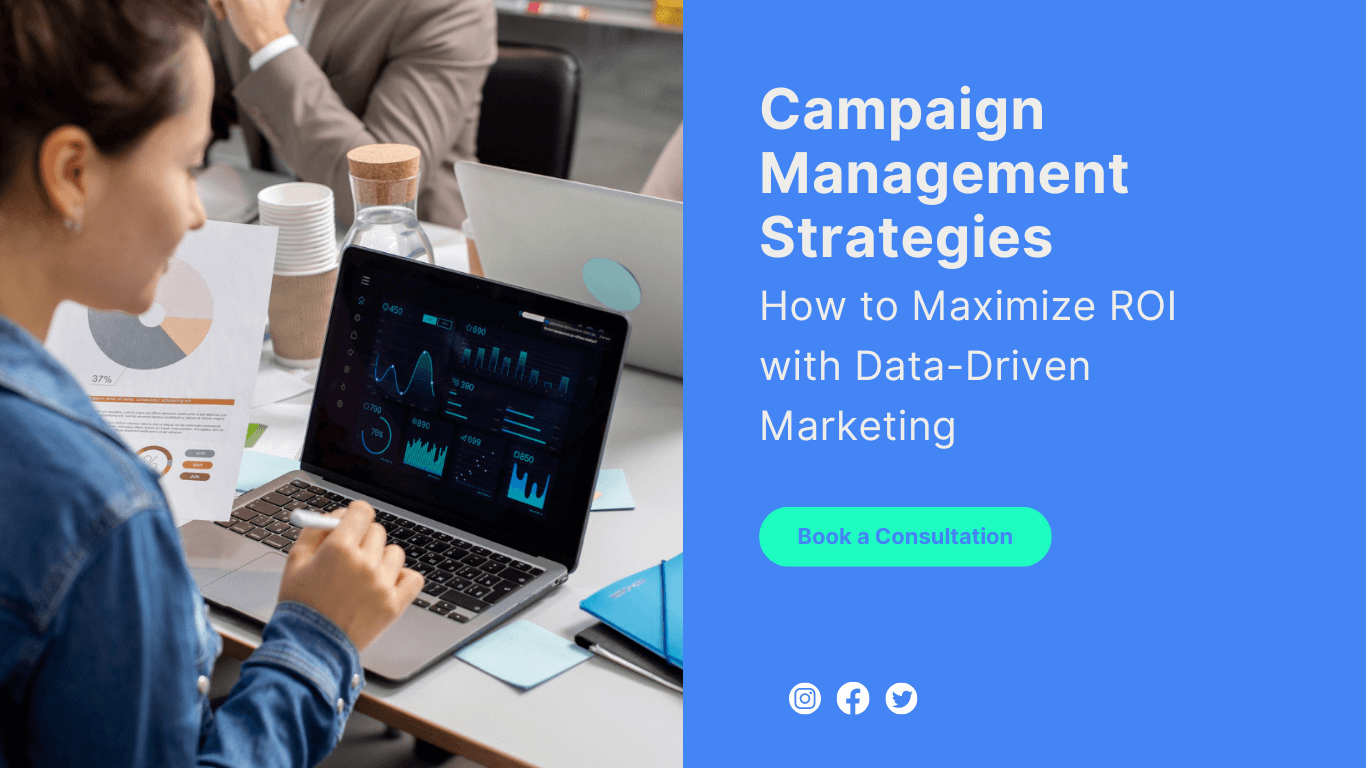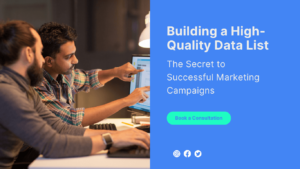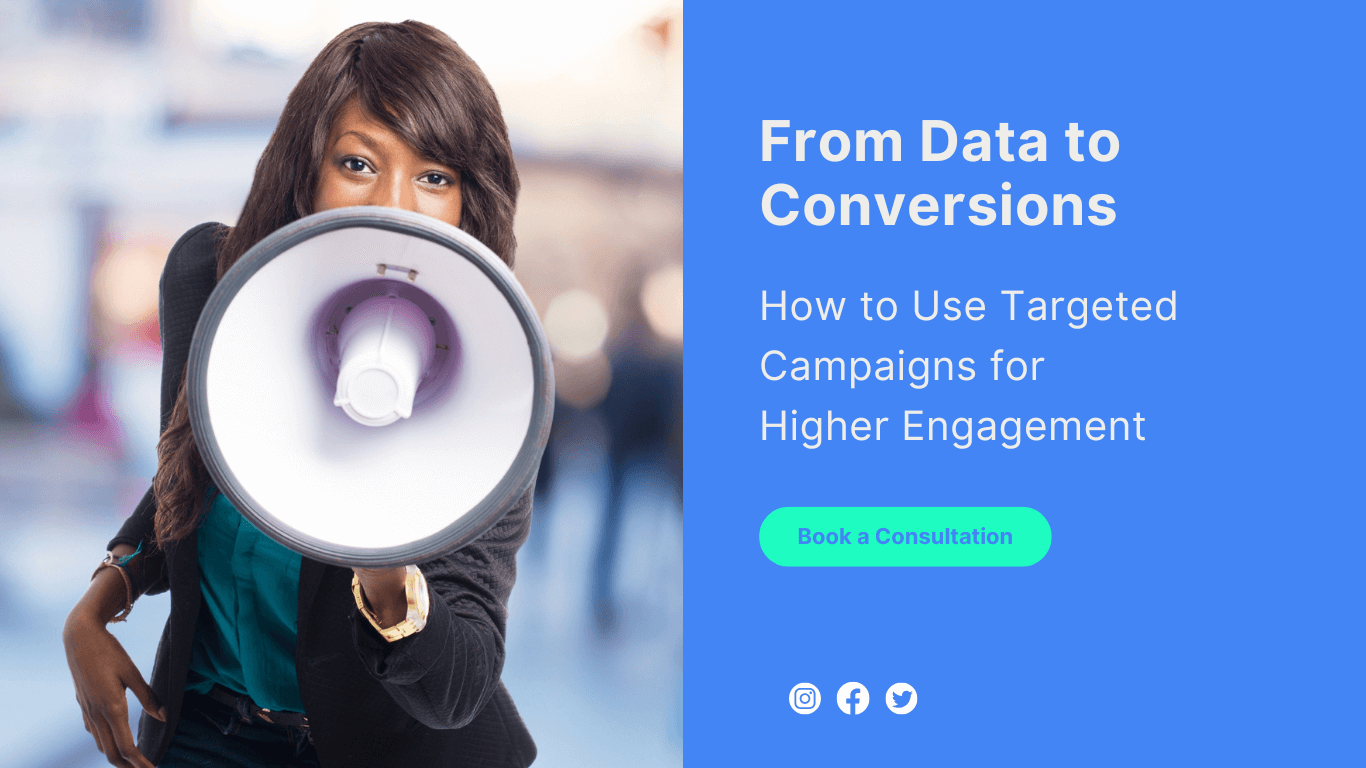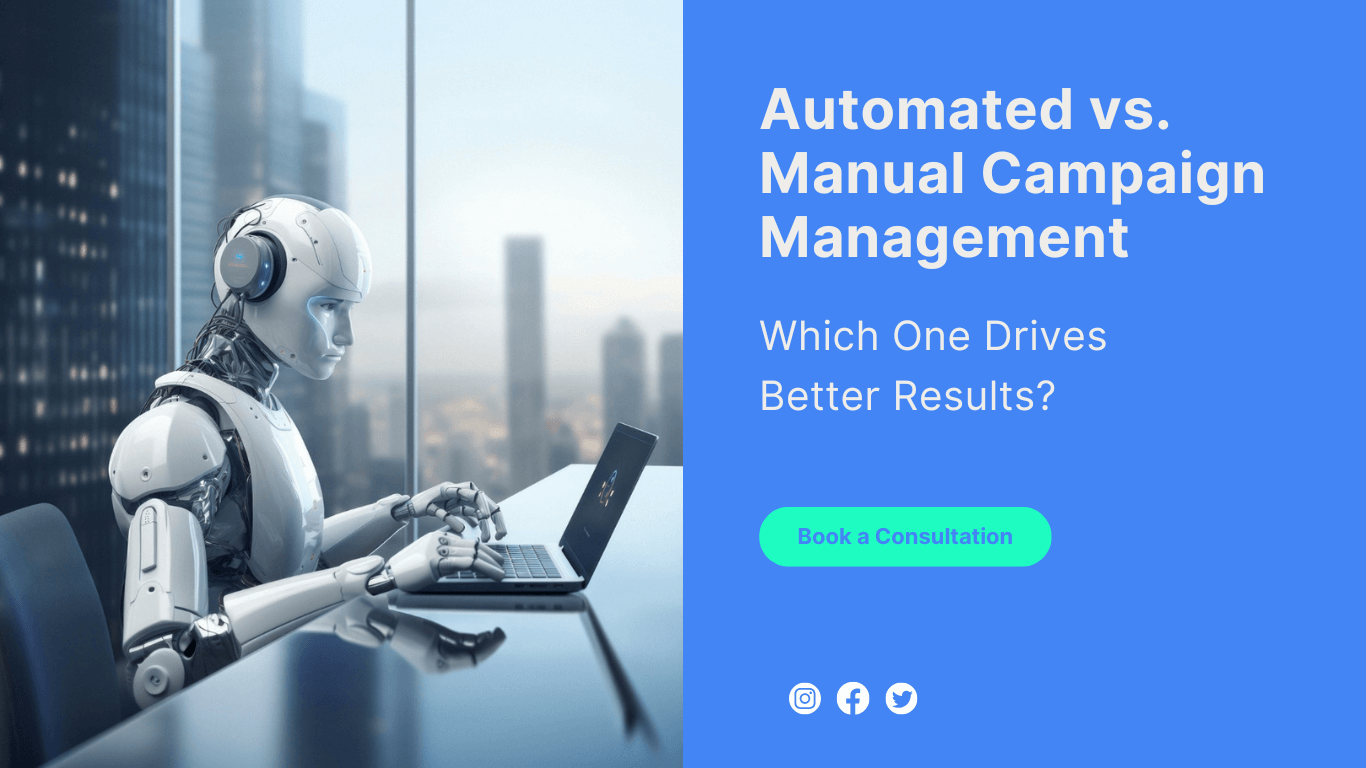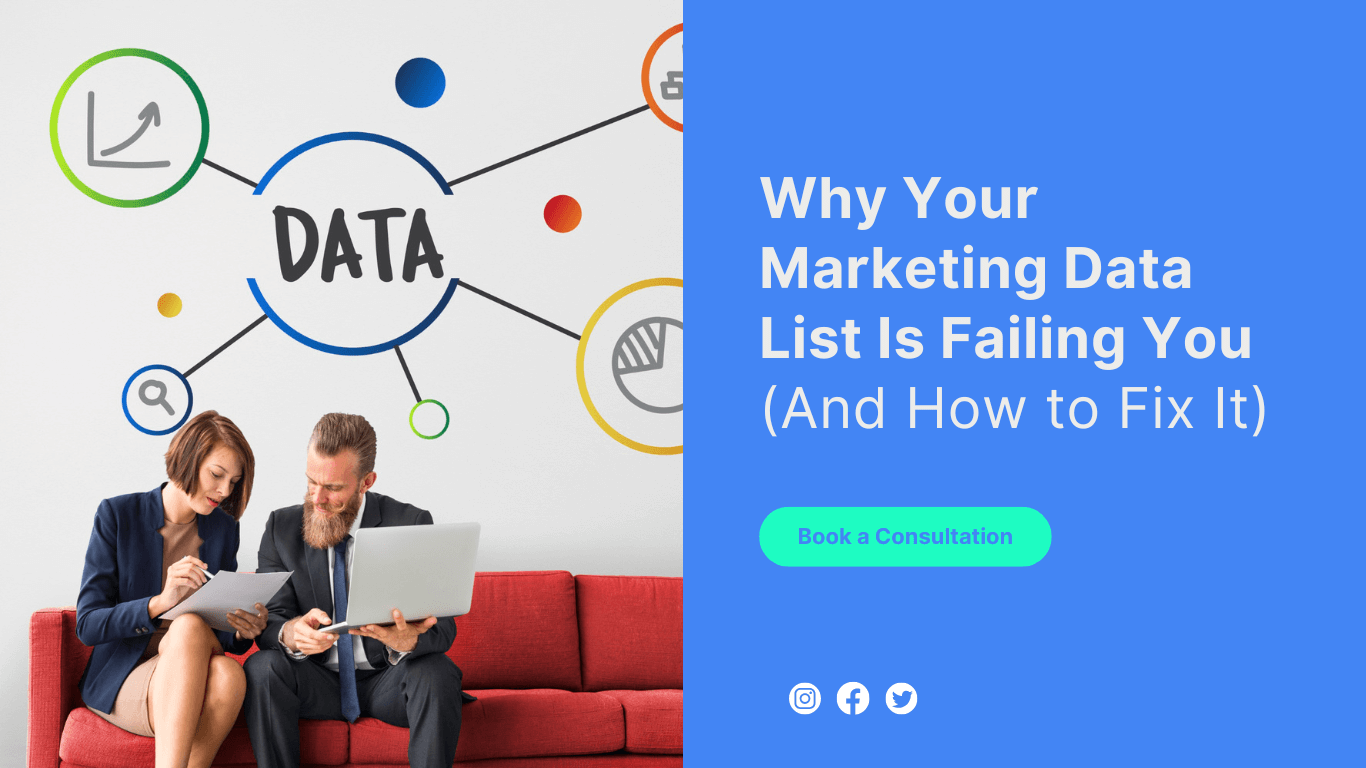Introduction
In today’s competitive landscape, gut feelings don’t drive results—data does. Whether you’re running email, social media, or PPC campaigns, data-driven marketing is the key to maximizing ROI, engagement, and conversions.
But how do you make sure your campaign isn’t just burning through your budget?
In this guide, we’ll break down proven campaign management strategies that leverage data insights to optimize performance and drive real revenue.
1. Define Clear, Data-Backed Goals
The Problem:
Most campaigns fail because they lack clear objectives or use vague KPIs like “increase brand awareness” without measurable outcomes.
The Fix:
✅ Use SMART Goals (Specific, Measurable, Achievable, Relevant, Time-Bound)
✅ Align Campaigns with Business Goals (Lead Generation, Conversions, Retention, etc.)
✅ Analyze Past Campaign Data to Set Realistic Benchmarks
📌 Example:
Instead of saying, “We want more website traffic,” set a SMART goal:
“Increase website traffic by 30% in the next 60 days through LinkedIn ads and SEO.”
2. Build & Refine Your Target Audience Using Data
The Problem:
If you’re targeting too broad or the wrong audience, your marketing spend goes to waste.
The Fix:
✅ Analyze Customer Data (Demographics, Behavior, Interests, Purchase History)
✅ Create Segmented Lists (First-Time Visitors, Engaged Users, High-Intent Buyers)
✅ Leverage Predictive Analytics to Find High-Conversion Audiences
📌 Example:
An eCommerce brand segments audiences based on past purchases. They target customers who bought fitness gear in the last 3 months with a personalized discount email, increasing conversions by 40%.
3. Leverage A/B Testing for Continuous Optimization
The Problem:
Many marketers set up campaigns and forget to test and refine. As a result, they lose out on potential improvements.
The Fix:
✅ Run A/B Tests on Subject Lines, Ad Copy, Landing Pages & CTAs
✅ Test Different Audience Segments for Better Targeting
✅ Use Heatmaps & Analytics to Track User Behavior
📌 Example:
A SaaS company runs an A/B test on email subject lines:
- Version A: “Exclusive Offer: 20% Off Your Subscription”
- Version B: “Your Subscription Just Got Better – Here’s How”
Result? Version B gets a 28% higher open rate, leading to more conversions.
4. Optimize Multi-Channel Marketing for Higher Engagement
The Problem:
Relying on just one channel (e.g., email or Facebook ads) limits your reach and conversions.
The Fix:
✅ Use an Omnichannel Approach (Email, Social, Paid Ads, SMS, LinkedIn, etc.)
✅ Retarget Engaged Users Across Multiple Platforms
✅ Ensure Brand Messaging is Consistent Across Channels
📌 Example:
A B2B company launches a campaign where leads see:
1️⃣ An awareness ad on LinkedIn
2️⃣ A follow-up email with a case study
3️⃣ A retargeting ad on Facebook with a free demo offer
This multi-touchpoint strategy increases conversion rates by 45%.
5. Use Marketing Automation for Smart Campaign Execution
The Problem:
Manual campaign execution is time-consuming, inefficient, and prone to errors.
The Fix:
✅ Automate Email Sequences & Drip Campaigns
✅ Set Up Lead Scoring & Trigger-Based Messaging
✅ Use AI Chatbots & Personalized Recommendations
📌 Example:
A real estate agency sets up an automated email funnel:
- New leads receive a welcome email with resources.
- If they don’t open it, they get a reminder email in 3 days.
- If they engage, they receive a personalized property list.
This automation increases lead conversion rates by 33%.
6. Track & Analyze Performance Metrics in Real-Time
The Problem:
Without real-time data tracking, you can’t identify underperforming campaigns and fix them in time.
The Fix:
✅ Monitor Key Metrics (CTR, CPC, Conversion Rates, ROI, etc.)
✅ Use Google Analytics, Facebook Pixel & UTM Tracking
✅ Set Up Custom Dashboards for Fast Insights
📌 Example:
An eCommerce store runs Facebook ads. After 7 days, CPC is too high ($5 per click).
🚀 Solution? They tweak the ad copy and change audience targeting.
📈 Result? CPC drops to $1.80, improving ad efficiency.
7. Retarget & Nurture Leads for Higher Conversions
The Problem:
Most leads don’t convert on the first interaction. Without proper nurturing, they go cold.
The Fix:
✅ Use Retargeting Ads (Facebook, Google, LinkedIn) for Warm Leads
✅ Implement Personalized Email Sequences
✅ Leverage Case Studies & Social Proof to Build Trust
📌 Example:
An online coaching program retargets users who visited their landing page but didn’t sign up.
🚀 Solution? They run a retargeting ad with a limited-time discount.
📈 Result? Sign-ups increase by 57% in 10 days.
Final Thoughts: Data-Driven Marketing = Maximum ROI
Running marketing campaigns without data is like driving blind. To maximize ROI:
✅ Set Clear, Measurable Goals
✅ Refine Your Target Audience with Data
✅ A/B Test Everything for Better Performance
✅ Use Multi-Channel & Automation for Efficiency
✅ Track, Analyze & Optimize in Real-Time
🚀 Want to scale your marketing campaigns? Start making data-driven decisions today!




















